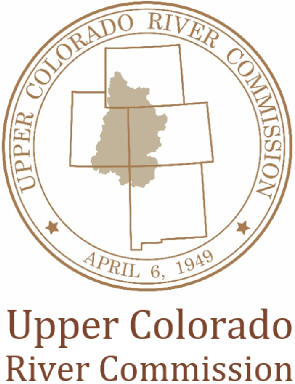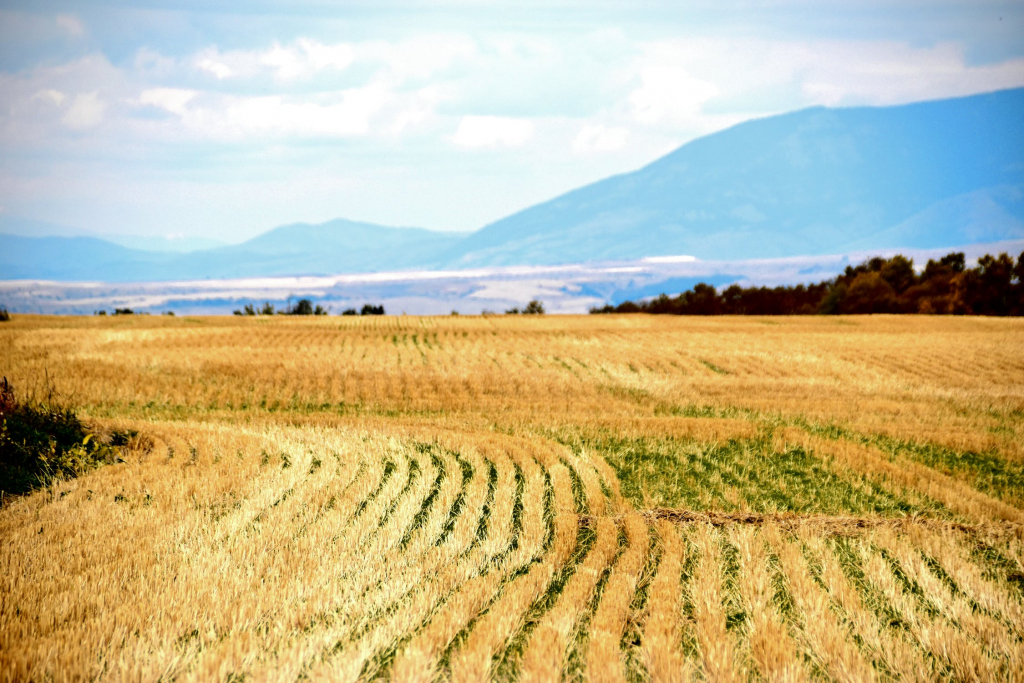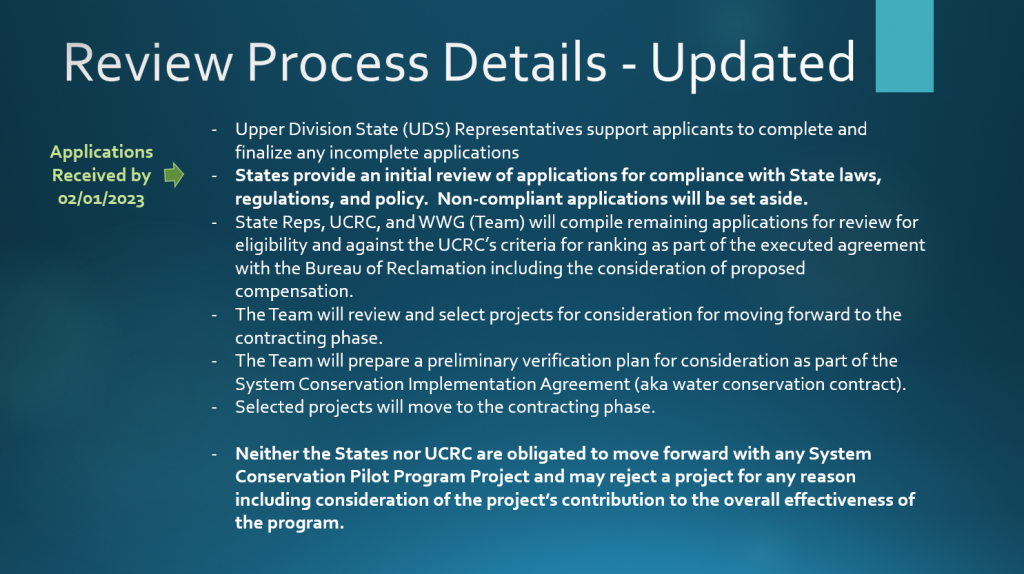SYSTEM CONSERVATION PILOT PROGRAM in 2023
***EXTENDED SCPP APPLICATION DEADLINE – MARCH 1st, 2023 (SEE BELOW)***
Temporary, voluntary, and compensated measures…
From 2015-2018 the Upper Division States of Colorado, New Mexico, Utah, and Wyoming, through the Upper Colorado River Commission (UCRC), conducted the first Upper Basin System Conservation Pilot Program (SCPP) – a 4-year pilot program designed to explore potential solutions and to address declining water levels in Lake Mead and Lake Powell due to long-term drought in the Upper Colorado River Basin. The program tested and implemented on-the-ground water conservation opportunities that were helpful in managing drought conditions in the Colorado River Basin.
More 2015-2018 SCPP Information and Reports
On June 14th, 2022, U.S. Bureau of Reclamation Commissioner Camille Touton provided testimony to the Senate Environment and Natural Resources Committee concerning the need for additional protective measures that could protect the Colorado River System. Specifically, she asked Basin managers to collectively save an additional 2-4 million acre-feet of water, a significant percentage of the Colorado River’s total annual flow.
BACKGROUND
In response to Commissioner Touton’s request, the Upper Division States and the UCRC developed and adopted a 5-Point Plan, which put forward a number of strategic activities to help improve the Colorado River System, in conjunction with commensurate conservation activities proposed and undertaken by the states of the Lower Basin. The first listed element of the 5-Point Plan is the re-authorization and re-initiation of the SCPP program with the subsequent steps of developing the agreements, legislation, and funding that would enable SCPP activities to take place in the Upper Basin in 2023.
Subsequently, an SCPP funding agreement was approved by the UCRC on November 21, 2022, and delivered to Reclamation for their consideration. The UDS and UCRC anticipate approval and companion legislation by the end of 2022. The agreement includes a commitment of up to $125M available for projects between 2023-2026, but the UDS and UCRC’s current focus is on participation in the 2023 water year.
The official “kickoff” for the SCPP was announced on December 14th at the UCRC 299th Regular Meeting in conjunction with the Colorado River Water Users Association (CRWUA) conference. The proposed participation process begins with the Request For Proposals (RFP) (below) for review by Colorado River water users with established historical water use and availability of use in 2023. After proposals are submitted, the UDS and UCRC will review and select projects for the implementation of SCPP in 2023.
Some important concepts to note about SCPP in 2023:
- SCPP is NOT Demand Management. SCPP for 2023 is a re-authorization and re-initiation of the SCPP of 2015-2018. A Demand Management Program is contemplated under the framework of the Demand Management Storage Agreement (DMSA), which is part of the Upper Basin Drought Contingency Plans (DCP). Interested parties can learn more about a potential Demand Management process (as outlined in the DMSA) here.
- There is no target volume for conservation for SCPP 2023 participation. It is a voluntary, temporary, and compensated program to put forward additional reductions in 2023, and therefore participation is not known in advance of program initiation.
- The compensation approach will include a firm fixed price minimum in terms of $/acre-foot and the opportunity to propose higher amounts if there is a basis and justification for deviation from the firm fixed price. The UDS and UCRC encourage participation and proposals but discourage speculation and drought profiteering.
Notice of Pre-Solicitation Request for Proposals (RFP)
SCPP Project Application Form
***NEW*** THE UCRC and Upper Division States Extend SCPP Application Deadline to March 1st!
The Upper Division States acting through the Upper Colorado River Commission (UCRC) are extending the deadline for 2023 System Conservation Pilot Project (SCPP) applications to March 1, 2023. The extension will allow for additional outreach to Upper Division water users and Tribes, including new opportunities to address questions regarding the program and process. In addition, to more broadly capture innovative water conservation concepts and proposals from all water use sectors and Tribes, the States and the UCRC will consider applications received after March 1st on a case-by-case basis. Our goal continues to be to review and consider projects for 2023 as soon as possible. Projects may be contracted and implemented in calendar year 2023 on a rolling basis depending on the date the proposed project activity begins, and adherence to the criteria established by the Upper Division States acting through the UCRC.
_________________________________________________________________
On January 18th, the UCRC and Upper Division State representatives hosted an online Q&A webinar to answer questions about the re-initiated SCPP for 2023 in advance of the February 1st deadline for applications. Please see below for the recorded informational webinar. The UCRC and UDS also are developing a FAQ. This will be posted on this website by Friday, January 19, 2023.


